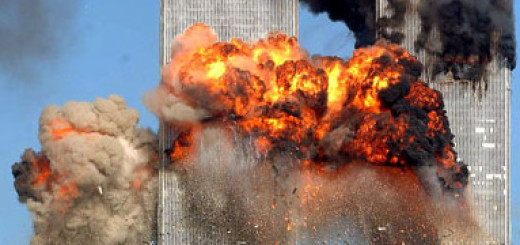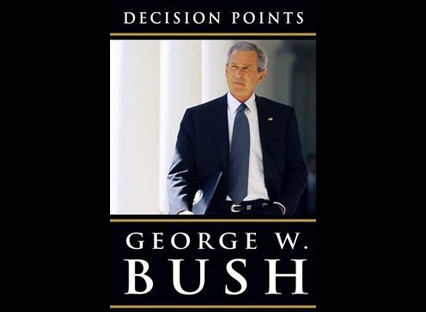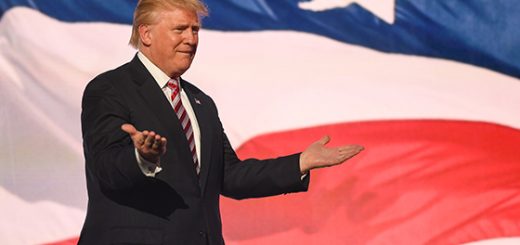Enormous challenges, enormous opportunities.
When you consider that newspaper publishing has been around for centuries, commercial radio broadcasting has been around for over 80 years and television has been doing its thing since about 1950, the changes that have rolled over these traditional media seem to have occurred in the blink of an eye.
Almost overnight it seems, digital technology, together with almost universal availability of broadband internet service and a growing list of devices that will access the internet, have all together radically altered what was once a working, predictable business model for the media.
All of us are feeling it. Newspapers seem to be feeling it most acutely at the moment. None of us can afford to be smug.
For me, it represents an exciting convergence, fraught with both challenge and opportunity.
The opportunity is clear. We’ve been working on exploiting it since 2004. As recently as last week, I decided at the last minute that the New Hampshire primary was suddenly interesting to us here in East Texas. There was unexpected drama. What happened in New Hampshire could lead to a truly interesting presidential primary race here in Texas for the first time in memory.
So I grabbed my digital camera, my digital audio recorder, my digital video camera and my laptop computer and jumped on an airplane for Manchester, New Hampshire. The equipment I carried to cover the story fit in my carry-on.
Once in New Hampshire, I joined the army of media looking for something interesting to show and talk about.
And here’s what’s cool. I use the word “show.” For in addition to bringing you sound and voices, we can now bring faces and pictures. Our radio station does what it has always done, bring you the sound of history as it’s being made. But now, we have the ability to bring you the visual aspects of big stories. And we do so not a fixed times in front of a fixed piece of furniture in your house. But on demand, according to the dictates of your schedule on any of a number of devices — such as your laptop — via the internet.
Want to see? Click in the video frame below.
[kml_flashembed movie=”http://www.ktbb.com/media/newhampshire/hillarystory2.swf” height=”300″ width=”300″ /]
I used a complement of equipment that fit in the overhead bin of an airliner and access to the internet, which I now have anyplace I can get a cell phone signal.
Where news organizations once needed hundreds of pounds of equipment and either a dedicated land line or satellite facility, both of which were prohibitively expensive to all but the big networks and big market TV stations, we now can deliver a story from anywhere in the world using equipment that will fit in a carry-on bag.
So the question is, what do we do with this capacity? And that begs the better question. What do you want us to do?
What aspects of the 2008 presidential election do you want to see through the eyes of a local media outlet such as KTBB? If we’re in Arizona for Super Bowl week, what do you want the coverage to look like?
I am walking up and down the hallways here at the radio station stopping the troops and telling them again and again that KTBB is less and less about being just a good radio station and more and more about being a multi-platform information brand.
So if you know already that we went to the political conventions in 2004, the election of Pope Benedict XVI in Rome in 2005, the New Hampshire primaries last week and David Smoak is on his way to the Super Bowl next week, what else interests you?
It’s your radio station – or multi-platform information brand – so You Tell Me.









All this reminds one of Benjamin Franklin's comment: "we've given you a Republic if you can keep it". Never was…
I totally agree, all should be punished but history proves nothing will happen. Like Admiral James O. Richardson warning FDR…
A large portion of voters are like a herd of sheep. They are content to simply "follow the leader" and…
This myth was debunked during Trump's first term; but since the almost the entire media was lined up against him,…
From the beginning, I found the left's claim that Donald Trump was involved with the Russians a absurdity. I also…